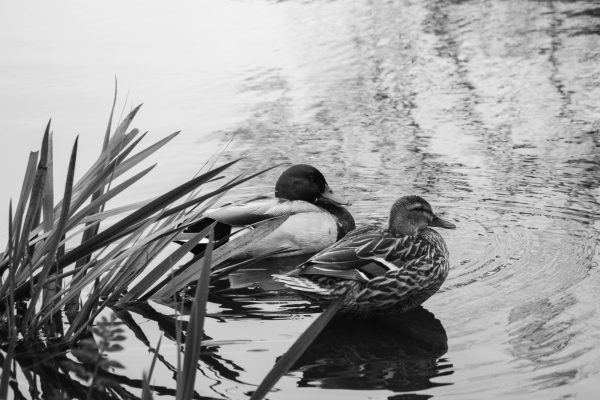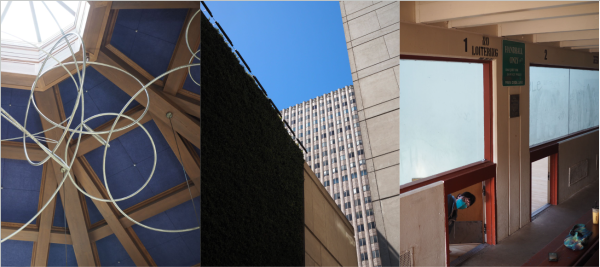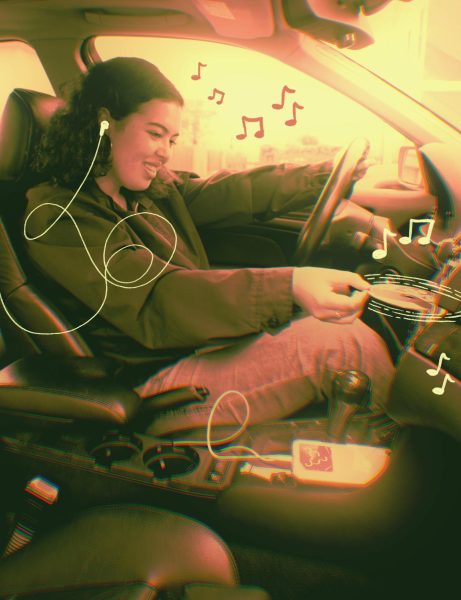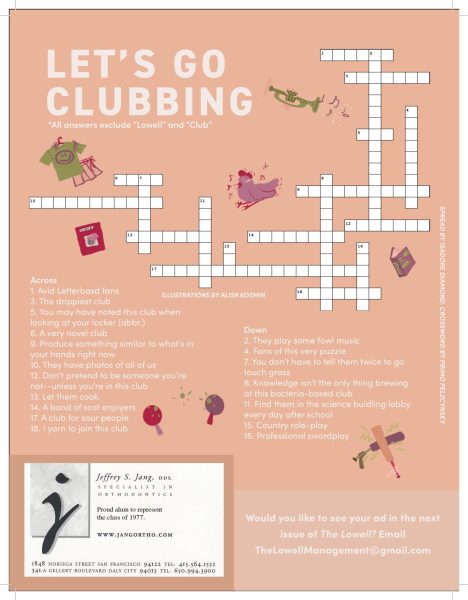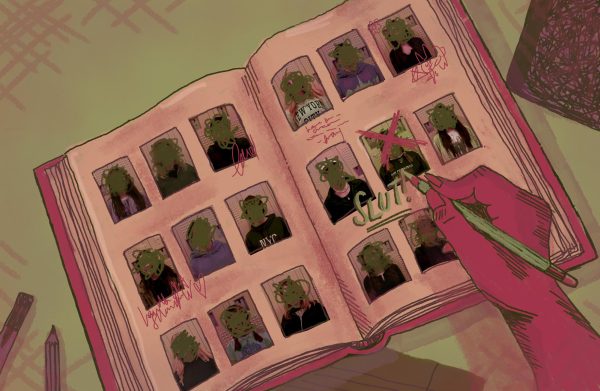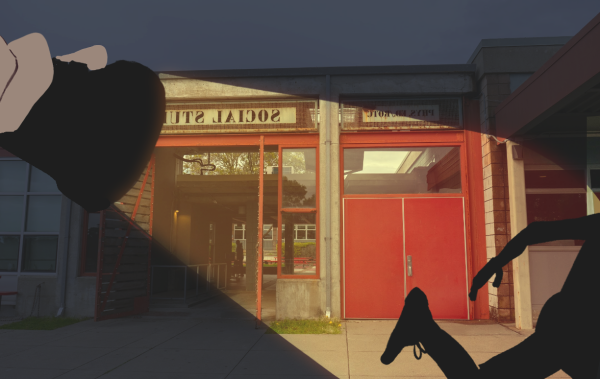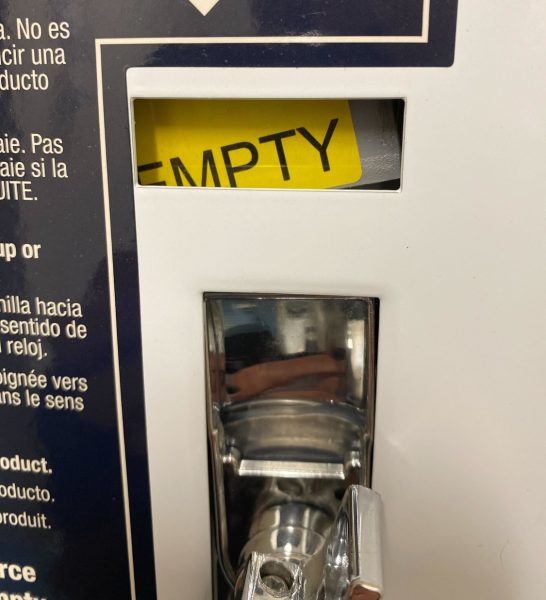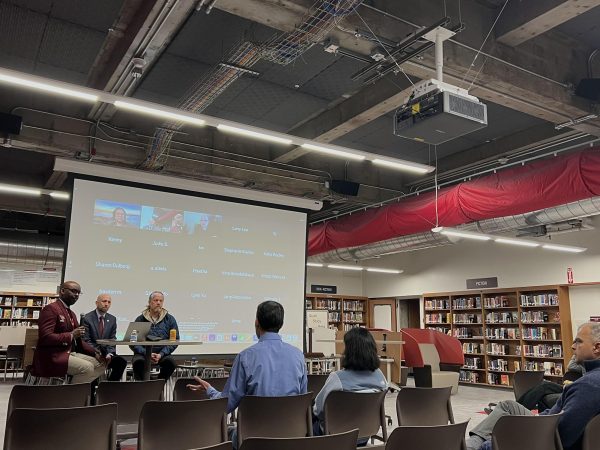Students experience Italian and Roman culture on a ten-day getaway
Six students and a world language teacher saw scenes from the classroom textbook come to life in the forms of mysterious inscriptions, gigantic statues, sites of important historical deaths and much more on a ten day trip to Italy this past summer.
In 10 days, the group of six students and Latin teacher Zeljka Sutilovic traveled to Rome, Venice, Florence and Sorrento with bilingual tour guides in every city provided through WorldStrides, the agency they traveled with. Arriving in Venice, the group took nighttime Italian cooking classes, where they learned how to make pasta, sauce and creme brûlée from Italian chefs. “The teachers were these two older women who reminded me of my grandparents,” sophomore Liana Rokh said.
“It’s really spectacular how you can see the burial spot of Caesar with your own eyes.”
After visiting Venice, they went to Florence where they saw the Museum of Opera of Saint Maria of Fiore, Michelangelo’s David and many outdoor sculptures. Junior Eva Weber remembers feeling shocked when she saw the statue of David. “I had only ever seen it in textbooks, and never realized that it was large enough to cover a whole section of the museum,” Weber said. “[The statue was my] own height times five.”
Before Sorrento, the group traveled to the ancient city of Pompeii, where they spent a day walking through the city seeing buildings uncovered from rubble.
Although the travelers learned a lot on their trip, Sutilovic says that it was mostly for enjoyment and not for studying the Latin language. Instead of taking Latin classes during the short trip, the group chose to explore the Italian culture hands-on.
In Rome, the students explored the Roman forum, a main plaza surrounded by ruins and observed Latin inscriptions. They experienced first-hand how little the Latin language has changed in comparison to how long it has been in existence. For example, Rokh recalls noticing how the Latin was “exactly the same” on the ancient signs in the streets of Rome as the Latin they learned in latin class at Lowell.
The group also visited the famous spot near the Theatre of Pompeii, where Caesar was stabbed. “It’s really spectacular how you can see the burial spot of Caesar with your own eyes,” Rokh said, “even though during his lifetime he was a leader and it wasn’t every day that you could see him.”
Of all Sutilovic’s various experiences traveling abroad, she says that this trip was the best. Although she was glad to be able to bond closely with the participants, Sutilovic thinks the opportunity should be shared with more of her students. Because there were so few students from Lowell on the trip, they were paired up with other students from Illinois, New Jersey, and Kentucky. The two groups of students lived and travelled together throughout the trip, according to Rokh.
The school trip agency WorldStrides organized, scheduled and arranged the accommodations for the trip.


